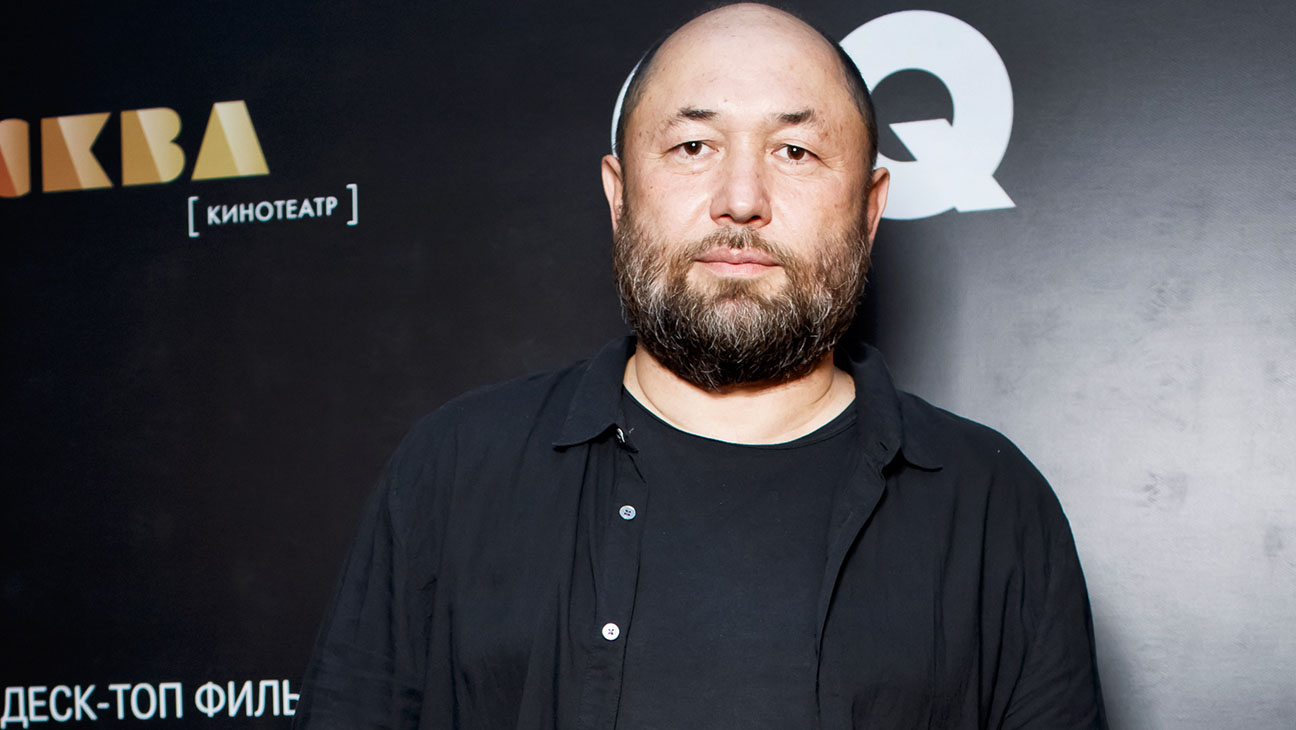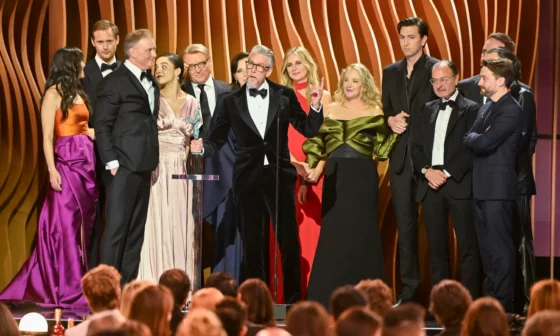
The coronavirus pandemic has essentially shut down Hollywood, and even a post-pandemic world may look drastically different in tinseltown. So studios are having to figure out how to make movies in unusual ways. One solution Universal is going with: make every movie like Unfriended.
The studio has signed a deal with Timur Bekmambetov to make five films using his Screenlife technology, the backbone behind films like Unfriended and Searching. Screenlife is a form of storytelling that uses smartphones and computer screens to advance the narrative. Naturally, it’s perfect for a pandemic because a huge crew isn’t necessary and the actors can remain isolated.
In fact, while productions around the world has been on hold since March, Bekmambetov has been producing Screenlife films during the lockdown, communicating from his home in Los Angeles with actors around the world.
“During this crazy time, we have been living in Screenlife mode, and it is very organic to produce movies because they can be done while people are home in their safe place”, Bekmambetov told Deadline. “We are all in different cities and we can record screens without meeting each other. It’s the nature of this language, this Screenlife format, to work like this.
The casting director could cast actors for me all in one day around the world […] If I need a composer, I can Skype and develop ideas, not being in the same space. The editor is in a different city, and the visual effects company too, and we all work together, without being in the same space”.
Leo Gabriadze‘s Unfriended only cost $1 million and made 65 times its budget at the box office. Its standalone sequel, Dark Web, only made around $16 million at the box office but is worth mentioning here because it’s genuinely unsettling and terrifying. Aneesh Chaganty‘s desktop thriller Searching also cost less than $1 million and made over $75 million.
Those are huge profits, reminiscent of the found footage horror craze. And these movies are collectively superior. Plus, these movies are essentially designed for at-home viewing, also a plus during a time when cinemas are facing closures or, at best, limited capacity. And yet Hollywood has been slow on the uptake.
Bekmambetov credited Universal’s Donna Langley for embracing the Screenlife format, which could prove to be highly lucrative, especially at a time like this. “Just two months ago, we were too abstract, and nobody could understand what I mean when I explain Screenlife, but after two months of isolation, we are all learning to live in a digital universe”, said Bekmabetov.
“Donna was the first studio executive to say, ‘okay, we will take a risk and release this movie’, which will bring a computer screen to the big screen in the theatre. It was successful, with Donna and Jason Blum supporting us. And now, they are supporting me as I create my own film language”.
Bekmambetov is reportedly developing nearly 50 Screenlife projects, including a “GenZ version of Romeo And Juliet” titled R#J, and a Searching sequel. It’s unclear which five films will fall under the Universal deal, but they will be from different genres, ranging from sci-fi and horror films to romantic comedies.
As people have spent more time in isolation during the pandemic, films using the Screenlife technology should now be more relevant to a bigger audience, and this filmmaking process could become far more prevalent.
Plus, as Bekmambetov added: “I believe to observe and understand the human community today, you need to see the screen of the device of that person. We live on screens, we express ourselves on them and create relationships with them”.
That is more true than ever, and hopefully we’ll see films as creative and thrilling as Unfriended: Dark Web and Searching come from this pandemic as artists are forced to adapt and adjust to new technology, and new lives.
#Peace.Love.Screenlife








